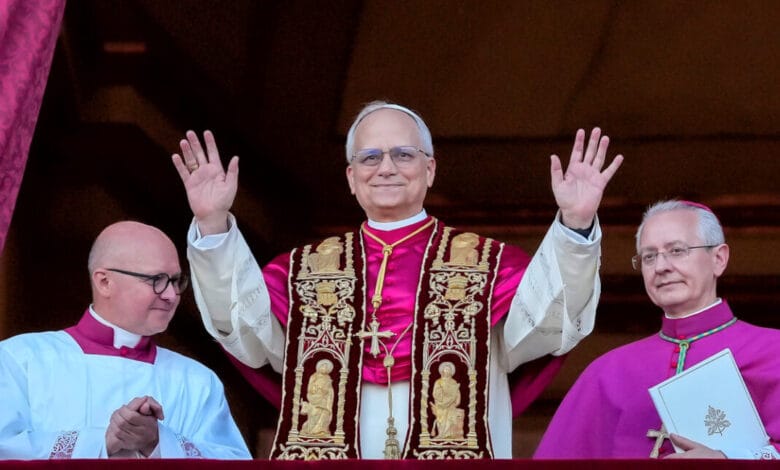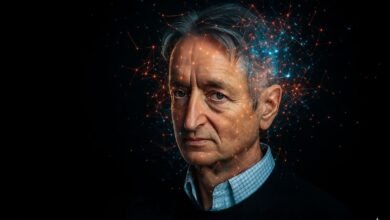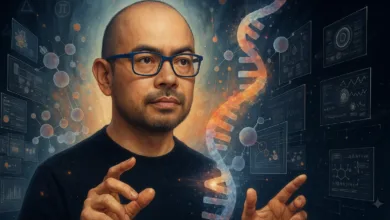Pope Picks Name After AI Threatens Human Dignity

▼ Summary
– White smoke signaled the election of Chicago-born Robert Prevost as Pope Leo XIV, with his papal name choice influenced by artificial intelligence.
– Pope Leo XIV explained his name choice as a continuation of Pope Francis’ focus on technological transformation, referencing Pope Leo XIII’s historic encyclical on industrialization.
– Leo XIV framed AI as “another industrial revolution,” aligning his papacy with addressing this technological shift, similar to his namesake’s approach over a century ago.
– The pope’s focus on AI creates a striking contrast with the Vatican’s ancient traditions, though he follows Pope Francis’ precedent of prioritizing human dignity in the AI era.
– Pope Francis had previously warned about AI’s risks, including violence and discrimination, and described a potential “shadow of evil” over the field in his 2024 document “Antiqua et Nova.”
The election of a new pope always marks a historic moment, but the recent selection of Chicago-born Robert Prevost as Pope Leo XIV carries particularly modern significance. Emerging from the conclave with a bold vision, the pontiff has chosen a name deeply tied to addressing one of today’s most pressing challenges: the ethical implications of artificial intelligence.
During his inaugural address to the College of Cardinals, Pope Leo XIV drew a direct parallel between his namesake, Pope Leo XIII, and the technological upheavals of the modern era. “Just as Leo XIII confronted the social upheaval of the industrial revolution in Rerum Novarum, I see AI as the defining challenge of our time,” he declared. His choice reflects a commitment to guiding the Church—and humanity—through another seismic shift in how society functions.
The new pope’s focus on AI isn’t entirely unexpected. His predecessor, Pope Francis, had already placed the ethical dimensions of technology at the forefront of Vatican priorities. Before his passing in April, Francis issued stark warnings about AI’s potential dangers, cautioning against its misuse in ways that could “undermine human dignity and foster inequality.” His 2023 World Day of Peace message explicitly called for vigilance, urging that technological progress must never become a vehicle for violence or discrimination.
Earlier this year, Francis expanded on these concerns in Antiqua et Nova, a document highlighting both the promise and peril of emerging technologies. Describing AI as casting a “shadow of evil” if left unchecked, he emphasized the need for moral frameworks to govern its development. Now, with Pope Leo XIV’s election, the Vatican appears poised to deepen its engagement with these issues, positioning the Church as a voice for ethical responsibility in an increasingly digital world.
The juxtaposition of an ancient institution grappling with cutting-edge technology may seem striking, but it underscores a timeless mission: defending human dignity amid change. As AI reshapes economies, politics, and daily life, the papacy’s evolving stance signals that the moral questions it raises won’t be left to technologists alone. For Pope Leo XIV, the challenge is clear—ensuring progress serves humanity, not the other way around.
(Source: Ars Technica)





